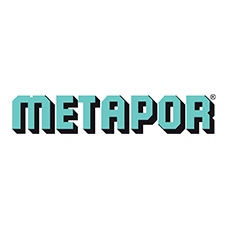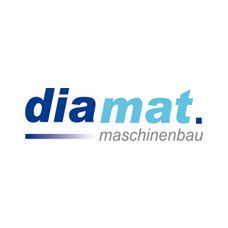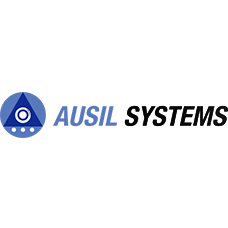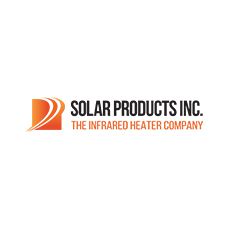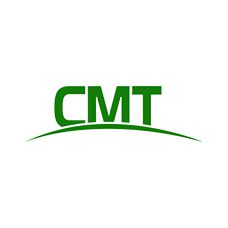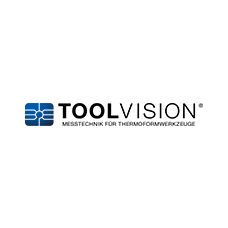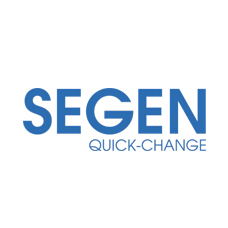ESPOR® Casting Moulds
ESPOR® air-permeable casting technology is a patented combination of materials and process developed by Portec.
ESPOR® technology is used to manufacture micro-porous, air-permeable products for numerous industrial applications where even air-permeability is required.
Material
ESPOR® products are made from a composite material of aluminium granules and epoxy resin. Different sizes of aluminium granules are available, thus enabling production of products with varied levels of air-permeability. For faster cycle times it is also possible to incorporate metal cooling lines within the ESPOR® products.
Applications, Availability and Services
The most common application of ESPOR® technology is to manufacture air-permeable moulds for vacuum forming and thermoforming processes for various interior components in automobiles, in the packaging industry and many other market-segments.
ESPOR® is especially useful for duplication of complex textures such as leather grain and other intricate patterns (Production of IMG-Moulds).
ESPOR® is used for creation of difficult to machine shapes, making cast multiples, ornaments with fine details as well as production of large and deep objects.
ESPOR® is also used to produce vacuum holding fixtures and air cushion systems for material handling applications.
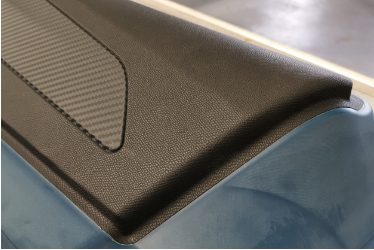
Pattern: “Positive” mould with 2 different structures on the same component.
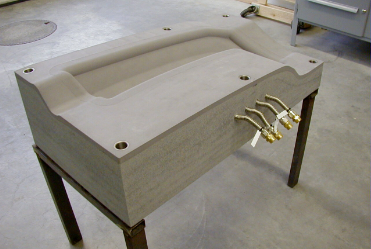
ESPOR® porous mould with cooling lines.
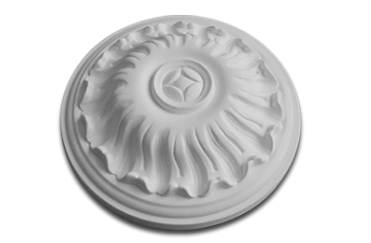
Pattern: "Ceiling Ornament"
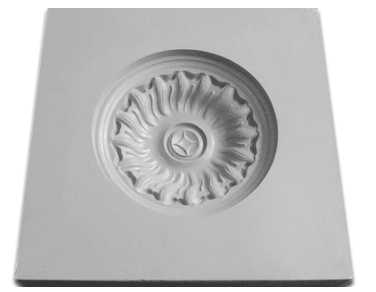
ESPOR® Mould "Ceiling Ornament" for polyurethane foam forming
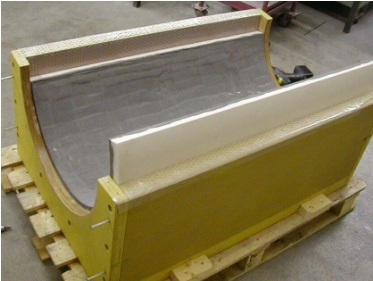
Air film transportation (half shell) made out of ESPOR® material
Machining
ESPOR® moulds are ready to use. No machining is needed anymore.
Process and Pattern Requirements
ESPOR® technology requires a physical pattern in order to cast a reverse impression.
The pattern for ESPOR® casting technology must be completely rigid.
Materials such as wood, epoxy and metals are acceptable. Solid patterns produced by various Rapid Prototyping machines can also be used.
Flexible materials such as silicones cannot be used, and thin wall rigid materials may need to be reinforced in order to sustain the forces of the process.
The pattern must have a minimum draft angle of 2° in order to facilitate de-moulding.
The process cannot tolerate even minor undercuts in the pattern. In cases where a textured surface is applied onto a pattern, a low-strength adhesive must be used to ensure that the texture can be separated from the pattern during de-moulding.
ESPOR® materials do not exhibit a detectable shrinkage, so the pattern does not require any scaling.
ESPOR® is a registered trademark of Portec in Switzerland.
